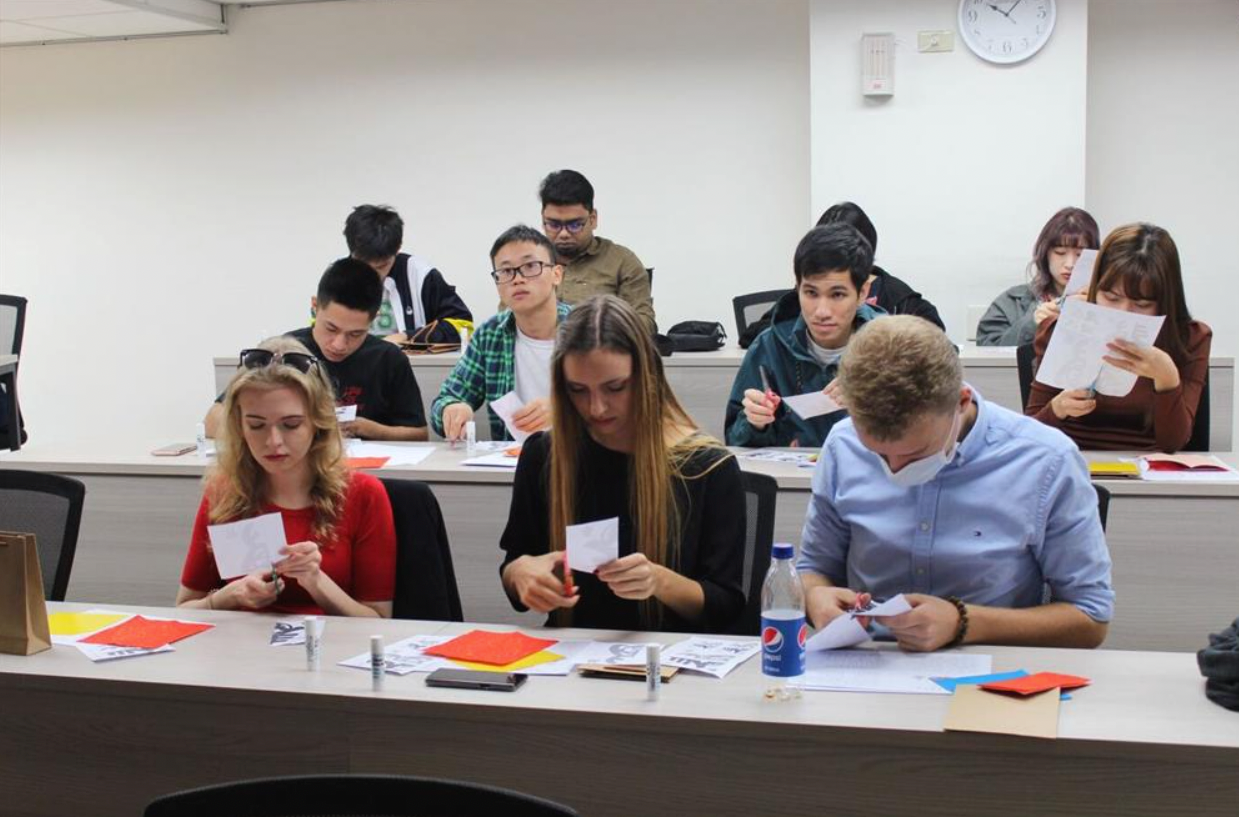UAMP Project
The University Mobility in Asia and the Pacific (UMAP), established in 1993, is an association composed of both governmental and non-governmental higher education organizations across the Asia-Pacific region.
Its mission is to strengthen academic research collaboration among universities within the Asia-Pacific region through student exchange and credit transfer mechanisms, while promoting exchanges among students and faculty. UMAP also encourages bilateral and multilateral agreements to enhance mutual understanding among countries and regions in terms of culture, economy, and social systems.
Application regulations and course information for UMAP member institutions: https://usco2.umap.org/
Exchange Framework
To promote student mobility in higher education across the Asia-Pacific region and to enhance academic and cultural exchanges among member economies, UMAP has established the UMAP Student Exchange Program (UMAP Student Connection Online, USCO).
Types of USCO Exchange Programs
Program A|Multilateral Student Exchange Program
UMAP Multilateral Student Exchange Program (UME)This program operates under a multilateral exchange framework and offers tuition waivers. Each participating institution may nominate up to two students to attend USCO member universities in other member economies, or host up to two inbound exchange students.
Program B|Bilateral Student Exchange Program
UMAP Bilateral Student Exchange Program (UBE)This program follows a bilateral exchange model, in which two institutions conduct student exchanges based on mutual agreements. Exchange conditions and tuition arrangements are implemented according to the terms agreed upon by both institutions.
Program C|Short-Term and Summer Programs
UMAP Student Exchange on Special Courses (USC)This program consists of short-term or ultra-short-term exchange courses, primarily offered during the summer. Course content focuses on culture, language, or specialized thematic subjects, providing students with opportunities for short-term international learning and cross-cultural experiences.
Contact Information
For further inquiries, please contact:
Office of International Affairs, STUST
Office Location: L305
Tel: +886-6-253-3131 ext. 1601–1603
Email: oia@stust.edu.tw


